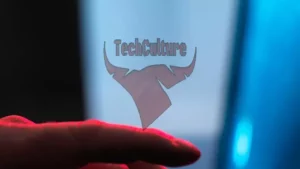The recent launch of OpenAI’s GPT Store has generated significant buzz in the tech community. This innovative platform allows developers to monetize their creations by selling AI models trained on OpenAI’s powerful GPT-3 language model. However, some early adopters seem to have taken a rather unconventional approach to leveraging this new marketplace. A quick search on the GPT Store reveals a flood of AI “girlfriend” bots, raising questions about the ethical implications of creating and selling such virtual companions.
The presence of AI “girlfriend” bots on the GPT Store highlights the growing interest in using artificial intelligence to simulate human relationships. These bots are designed to engage in conversation, provide emotional support, and even mimic romantic interactions. While some may view this as harmless entertainment or a way to combat loneliness, others argue that it raises concerns about objectification and the erosion of genuine human connections.
The emergence of AI “girlfriend” bots on the GPT Store also raises broader questions about the responsibilities of AI developers and the potential consequences of their creations. As AI technology continues to advance, developers must consider the ethical implications of their work. While the GPT Store offers an exciting opportunity for developers to monetize their AI models, it is important to balance innovation and ensure the responsible use of AI technology.
The presence of AI “girlfriend” bots on OpenAI’s GPT Store highlights the complex and evolving landscape of artificial intelligence. While some may see this as a harmless application of AI technology, others raise concerns about the ethical implications and potential consequences. As the field of AI continues to progress, developers, researchers, and society as a whole need to engage in ongoing discussions about the responsible use of AI and the impact it has on human relationships and societal norms.
Read more at Futurism“




